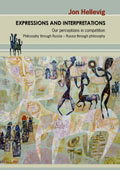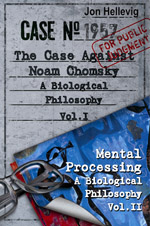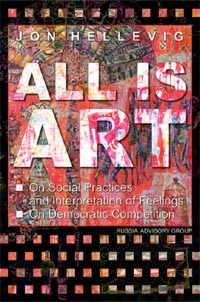|
|
| |
Economics
Economics, the Ugly Duckling Turned the Beautiful Swan of Sciences
In social sciences there are no �things� and so all the other considerations that follow (movements, laws, final descriptions) become meaningless. Lacking an understanding of this is the reason why the social sciences are some kind of quasi-sciences with one great exception: the science of economics. For economics is the social science least plagued by a search for metaphysical entities. � In economics there is much less of the quasi-scientific discussion about ontology and all the rest that goes with it.
What is great about economics is that the theories produced in it are relatively easy (compared with other social sciences) to put on test on the market � there is a kind of a huge laboratory consisting of the entire world and all the people that test every day the various hypotheses (and in fact the tangible products serve as empiric proofs). Economics is the paramount social science and it is the empiric science par excellence. Economics has over the years by the primitivist been depicted as the �dismal science�. But in the test of time economics is like the ugly duckling turned the beautiful swan of sciences.
Common sense understanding (and even the scientific understanding to a certain degree) admits that the economy functions as a competitive (market) system. By this I understand basically a system where everything is dependent on everything; anything may or may not affect anything and everything, where an infinite multitude of variances (nuances) of aspects are involved in a manifold of phenomena: a system, which nobody can direct and where nothing follows necessarily from anything particular.
For me the fundamental principles of how a market economy functions had always been the guiding idea on how everything in life functions; a system, where there are no natural or scientific laws that would compel a certain outcome, nor a casual relation or anything like that; there are just a huge amount of individual people each which his own life and aspirations � and where there is freedom there people�s aspirations combine to a better result � a system where nothing necessarily leads to something else, but where anything may affect anything else. � This is basically what Adam Smith wrote about in what must be one of the most remarkable philosophical tracts of all times � for The Wealth of Nations was the first and most comprehensive ever description on how social life functions � where no metaphysical laws act and react, and where the role of competition and individuals was recognized to form a holistic whole. It is impossible to estimate the immense effect that this work has had.
|
|

To download a free pdf file of this book, please click
here
To buy this book, please enter here (www.ruslania.com bookstore)

Click here to download free PDF file

Click here to download free PDF file

Click here to download free PDF file
|

